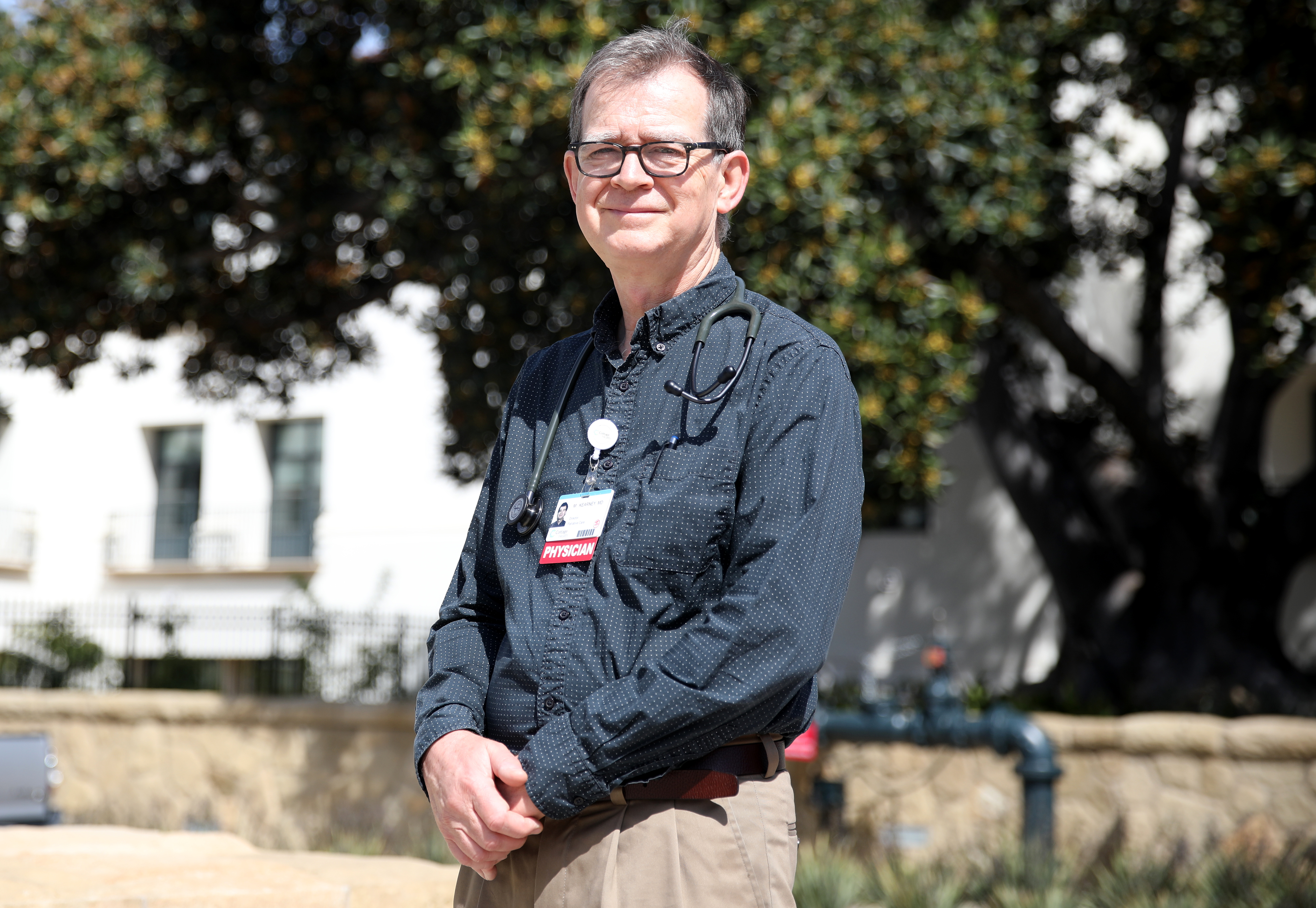What Is Palliative Care?
Why This Newer Field of Medicine May Extend Your Life

People often panic when they hear the words “palliative care,” mistaking it as a death sentence. That’s because the relatively recent medical specialty is commonly confused with hospice, which is indeed a service intended for people who are not receiving further medical care and have less than six months more of life expected. But patients may actually receive palliative care at any stage of their illness, and it can be offered alongside curative treatment.
Dr. Michael Kearney is a Santa Barbara physician at Cottage Hospital’s Palliative Care Consultation Service who has more than 35 years of experience in this field as well as in hospice. Palliative medicine, he explained, is “a treatment and care that is focused on improving the quality of life for individuals who are living with serious illness, and their families. It’s a form of whole-person care.”
The process usually includes an interdisciplinary team consisting of a physician, a nurse practitioner, a social worker, a clinical psychologist, and a spiritual counselor who is conversant in many traditions and faiths. Studies show that patients who receive palliative care early in the course of their medical treatment spend less time in hospitals, have fewer health crises, and, interestingly, often live longer than others who don’t opt for this care.
Palliative care must be referred by the attending physicians. The service is offered in most nursing homes, clinics, and hospitals and can also be administered in patients’ homes in certain cases.


